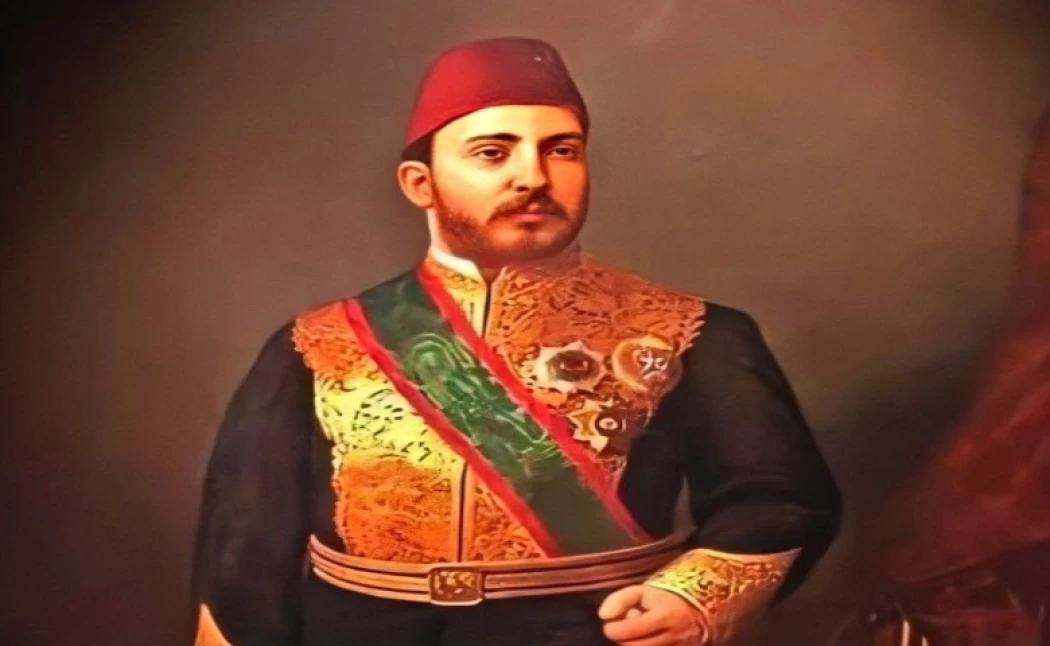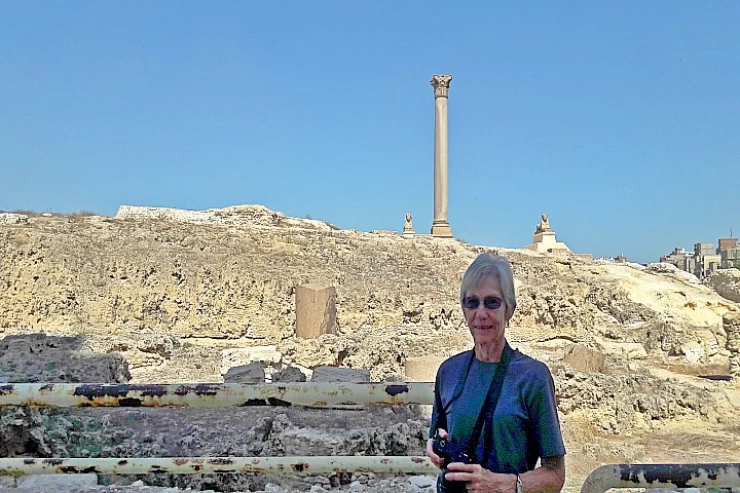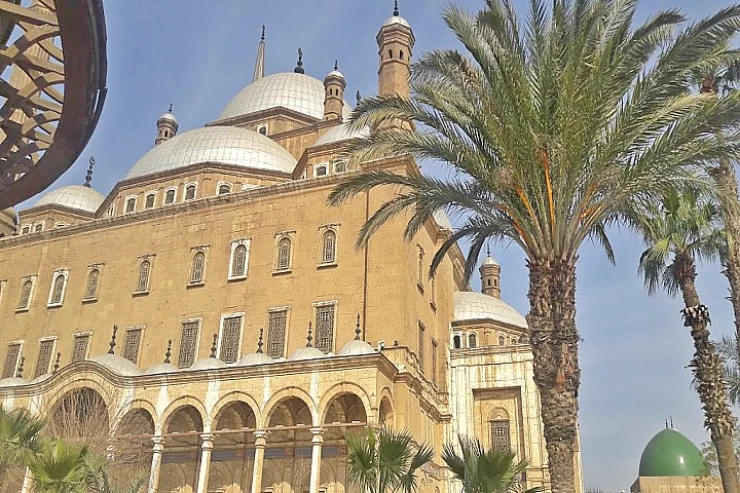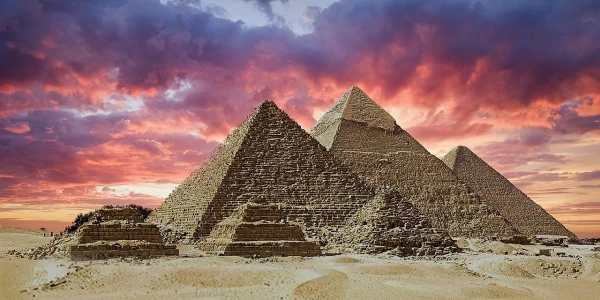
Khedive Muhammad Tawfiq
Facts about Khedive Muhammad Tawfiq
He was born in 1852, and his father enrolled him in the Manial School at the age of nine, where he studied language, geography, history, natural sciences, mathematics, Arabic, Turkish, French, and English. He was inclined to science from a young age and achieved a side of it that qualified him to preside over the private council during his father's lifetime at the age of 19. He then held the Ministry of Interior, the Ministry of Works, and the presidency of the Council of Nazirs.
Khedive Mohammed Tawfiq was the sixth ruler of Egypt from the Alawite family. He was the eldest son of Khedive Ismail, who was born in Cairo on 15 November 1852. His mother, Shafaq Nur, was a maternal granddaughter of Khedive Ismail and not one of his four wives, which may be why he was not sent with the rest of Ismail's sons to study in Europe.
He came to power in 1879 (1296 AH), after the English and French forced his father, Khedive Ismail, to leave his post, when he tried to catch up with what he had missed, and after he plunged the country into huge foreign debts that paved the way for the Europeans to interfere in the country's affairs, Ismail tried to counter foreign influence, forcing him to leave his post to his eldest son, Tawfiq.
When Tawfiq came to power, he knew that his survival depended on the approval of foreigners, especially England and France. Sultan Abdul Hamid II learnt this from him and tried to restrict his powers and privileges that were granted to his father Ismail before, but England and France thwarted Sultan Abdul Hamid's plan, not out of sympathy for Khedive Tawfiq, but to prevent the increase of Abdul Hamid's influence that would disrupt foreigners' projects to occupy Egypt.
Betrayal of Khedive Tawfiq
One of the most important events that took place during his reign was the sale of Egypt's share of the Suez Canal, estimated at 15/0. With this share, Egypt lost its remaining ownership of the Suez Canal, which had been mortgaged to the Germans and the French since the reign of his father, Khedive Ismail.
This policy led to the resignation of the nationalist ministry represented by Sharif Pasha and the appointment of a pro-English ministry headed by the Armenian Christian Nubar Pasha and then another Christian. This pro-foreigner ministry worked to increase foreign intervention in the country under the guise of debt repayment, and Riad Pasha's ministry sold Egypt's share of the Suez Canal to England.
The English entered Egypt with the policy and invitation of their agent Tawfiq, who entered under the protection of English guns and tanks and saw the English demobilising the Egyptian army, dissolving the parliament, executing and exiling Egypt's national and religious leaders and leaders, spreading corruption and vice to destroy the ideological and moral structure of the Egyptian people, while he did not move a finger, enjoying a worthless position and occupying a chair with no rule, until he died on 6 Rajab 1309 AH - 8 January 1892 AD.

















